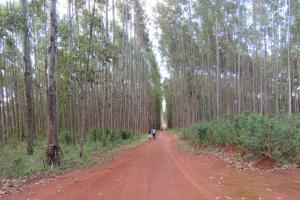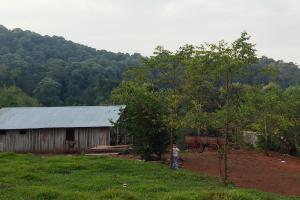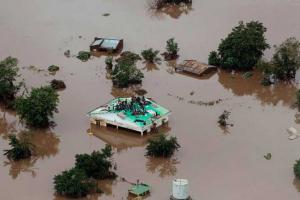Biodiversity Offsetting
The promise to offset biodiversity destruction opens the door for corporations to obtain funding and access land which would otherwise be off limits for large-scale destruction. Promises to recreate or protect habitat of "equivalent" ecological value elsewhere is even opening up protected areas and World Heritage Sites to corporate destruction. Biodiversity offsets therefore create double destruction and exploitation, since corporations control both the territories affected by industrial activities as well as those targeted for offset projects.
In June 2019, a report from the AfDB and WWF Kenya made a call to development-funding agencies, mainly from Europe, and the World Bank, to provide aid money to a new Fund for financing 100,000 hectares of (new) industrial tree plantations, to support the potential development of 500,000 hectares, in Eastern and Southern Africa.
Oil giants Eni and Shell have both recently announced plans to use trees to offset some of their ever increasing carbon emissions. On May 13th, NGOs put out a statement opposing the oil industry’s attempts to avoid its responsibility for climate breakdown.
While the destruction of forest territories continues, more pledges, agreements and programs are being implemented in the name of ‘addressing deforestation and climate change’.
BIOFUND, a conservation fund to finance protected areas in Mozambique—with support from the World Bank, international cooperation and conservation NGOs—intends to use biodiversity offsets to obtain resources and speculate in financial markets.




